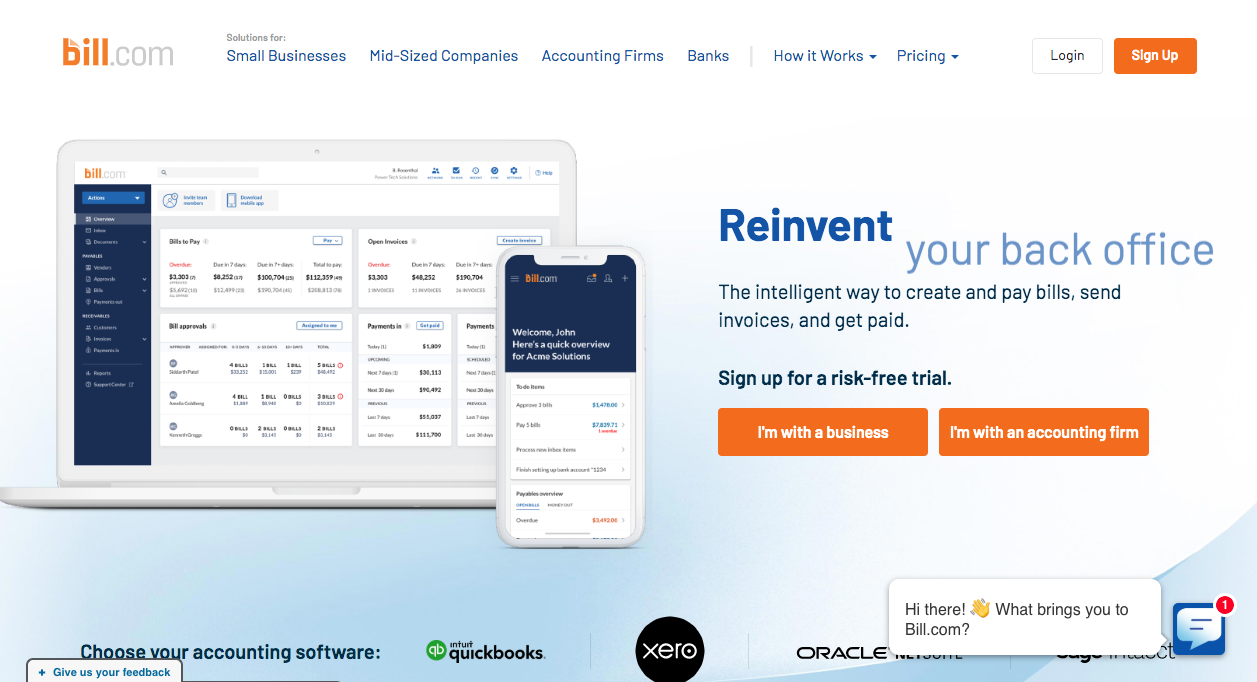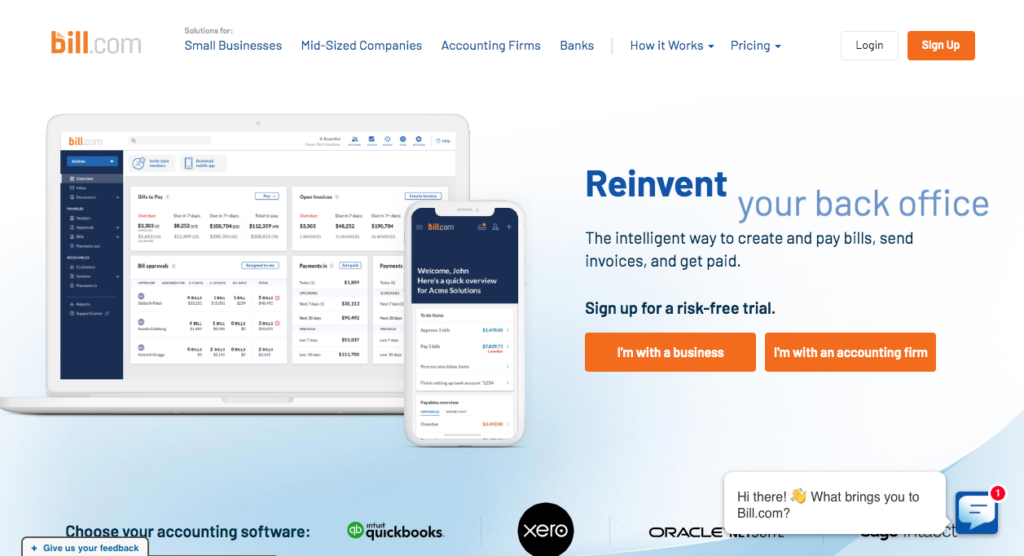
UK-based Metro Bank has partnered with Canadian technology firm Sensibill to launch a receipt management beta for SMEs, reports Alex Hamilton of Fintech Futures, Finovate’s sister publication.
The new feature, available via the Metro Bank app in 2020, will allow users to capture receipts using a smartphone camera and have them be automatically added to their transaction history.
According to the bank, the new pilot is the first in a “long list of innovations” that it is set to test out in the 2020. Metro states that it plans to “take the essential daily tasks of invoicing, receipt management, bookkeeping and VAT returns, and embed them intuitively into the Metro Bank mobile app.”
Paul Riseborough, chief commercial officer at Metro Bank, said of the new pilot: “Accounting tasks, along with chasing invoices and staying on top of receipts, are major pain points for SMEs.”
“By partnering with Sensibill we’re offering an innovative, digital solution that solves real problems for our customers, saving them time spent on admin and allowing them to focus on running and growing their business. And this is just the first piece in the puzzle as we set about developing a major new digital ecosystem of services to help SMEs,” Riseborough said.
Co-founder and CEO of Sensibill, Corey Gross, added: “Metro Bank is building a suite of compelling tools that will help transform the small business banking experience in the UK.”
“Our partnership with Metro Bank demonstrates our shared focus to deliver customer-centric solutions that improve the financial well-being of banking customers. We’re excited to support Metro Bank’s commitment to strengthening its relationship with their customers through digital innovation,” Gross said.
In October Metro Bank announced that it would be partnering with a number of fintech firms following the £120 million funding it secured from the Capability and Innovation Fund in February.
Sensibill demonstrated its Receipts for Microbusinesses solution at FinovateEurope 2018 in partnership with NatWest. The Toronto, Ontario, Canada-based company was founded in 2013, and has raised more than $50 million in funding. Sensibill includes Radical Ventures, First Ascent Ventures and National Bank of Canada among its investors.















